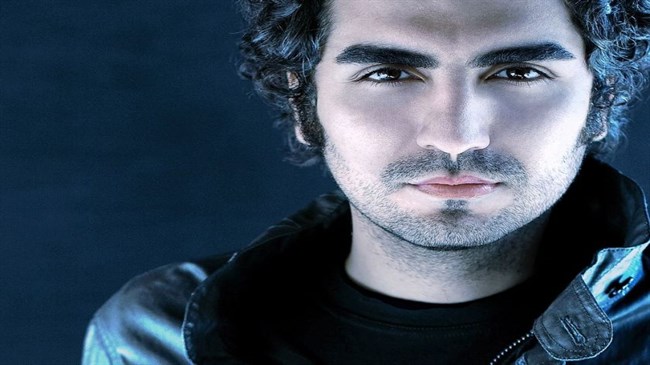
With Hafez Nazeri's move from Iran to the US roughly two decades ago came a string of formidable musical achievements.
The composer, multi-instrumentalist and vocalist, now 39, initially went to New York simply to study music. But his determination to create a musical fusion between Iranian and Western music led to concerts at the Kodak Theater in Los Angeles and Carnegie Hall in New York that helped put his art on the map, ottawacitizen.com wrote.
In 2014, he released an album called 'Rumi Symphony Project: Untold' — an epic multicultural effort involving more than 40 musicians and thousands of hours of studio time. Inspired by the enduring art of the 13th-century Sufi poet and philosopher Rumi, the album even topped Billboard's classical music charts for a time.
Nazeri said that through all of his performances and music, he has 'wanted to show the world another dimension of Iranian culture and history rather than all those negative things you are hearing in the press'.
'All the great composers were so against what I did with 'Untold',' Hafez said.
'There were bad articles — 'conman' and 'showman', 'this is all fake music' — which was very sad. I had worked so hard, with no support of anyone, to bring my dreams into reality.'
Nazeri is spending the rest of October in Canada, where he will play five concerts in major cities, including an October 13 concert in Ottawa at the Algonquin Commons Theater.
His father — who will be on tour in Canada with his son — is Shahram Nazeri, a singer of classical Persian and Sufi music who's even been dubbed 'Iran's Pavarotti'. As a child, Hafez played a range of instruments, from the daf, a Middle Eastern frame drum, to the setar, an Iranian lute. By the time he was nine, Hafez was sharing European stages with his father.
However, Shahram Nazeri did not want his son to be confined by musical tradition. 'He wanted me to have my own voice and create things that are me,' Hafez said.
The open-mindedness of the household extended to allowing Hafez to listen to different types of music. 'As I was growing up, I was a crazy teenager,' he said.
'I was listening to things that were so odd for children of other (musical) masters in Iran. But my father never prohibited me from that. He wanted me to listen and perhaps learn from that, and to expand my ideas and my mind.'
As a teenager, Hafez grew more keen not only to compose, but also to innovate. 'Crazy things were coming out of me, as if just a new door was opened,' he said.
Despite his blossoming career in Iran, Nazeri felt he had to move to New York to study music. He wanted to bring harmony, counterpoint and orchestration to the classical Iranian musical tradition that was more improvisational and monophonic.
'It was a big drama in Iran. 'Why did he leave when he was becoming so famous in Iran and loved by people?'' Nazeri said. 'That wasn't enough for me. That wasn't my goal. My goal wasn't to become famous or rich … I wanted to go and find that big thing that was missing in my heart and my soul.'
Nazeri's Canadian concerts this month are to feature music he hopes to record next spring at Abbey Road Studios in London. The prospect of entering the famed studio has him so excited that he’s losing sleep and counting the days, he said.
'We are people from different parts of the world, with different religions and languages and musical backgrounds, but we all sing the same tune for peace and unity, for bringing people together rather than separating them,' Nazeri said.
Source: Iran Daily
9060**1771
Follow us on Twitter @IrnaEnglish
 solhkhabar | Peace International News Agency Peace International News Agency , Peace News , International Agency News of Peace
solhkhabar | Peace International News Agency Peace International News Agency , Peace News , International Agency News of Peace